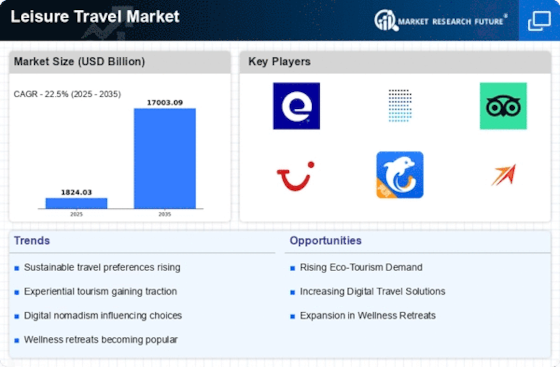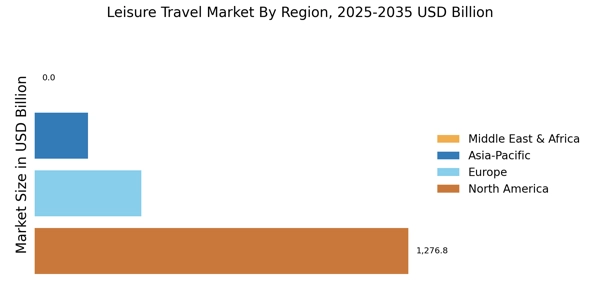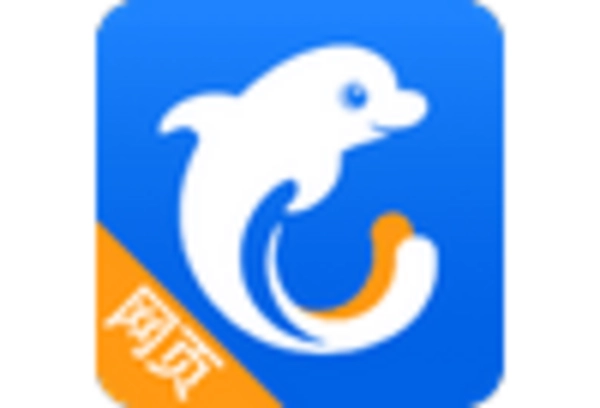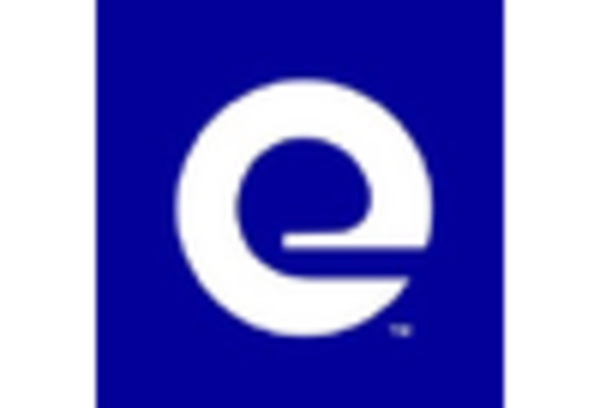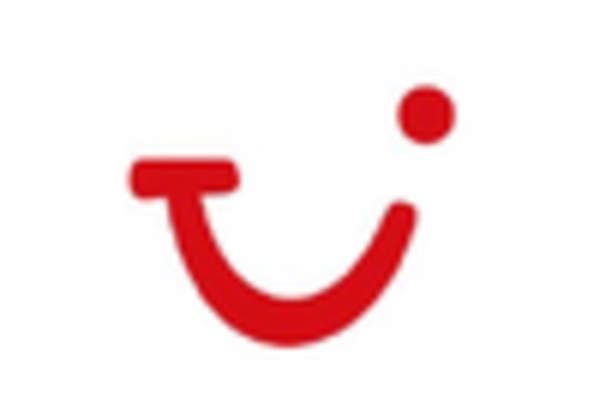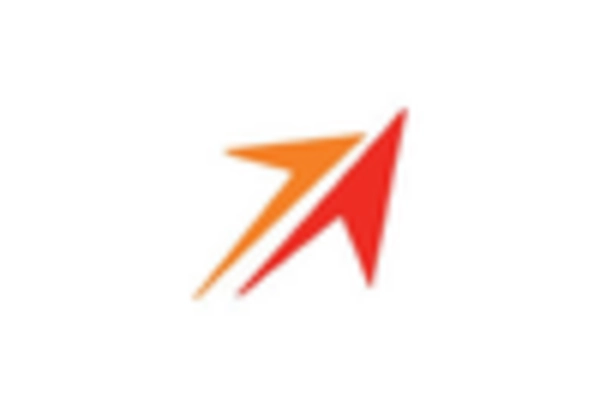Leisure Travel Market Summary
As per Market Research Future analysis, the Leisure Travel Market was estimated at 1824.03 USD Billion in 2024. The Leisure Travel industry is projected to grow from 2234.43 USD Billion in 2025 to 17003.09 USD Billion by 2035, exhibiting a compound annual growth rate (CAGR) of 22.5% during the forecast period 2025 - 2035
Key Market Trends & Highlights
The Leisure Travel Market is experiencing a dynamic shift towards personalized and sustainable travel experiences.
- Personalized travel experiences are increasingly sought after by consumers, enhancing customer satisfaction and loyalty.
- Digital transformation is reshaping travel planning, with online channels becoming the predominant choice for bookings.
- Sustainability is gaining traction, as travelers prioritize eco-friendly options in their itineraries.
- Rising disposable income and a growing interest in experiential travel are driving market growth, particularly in North America and Asia-Pacific.
Market Size & Forecast
| 2024 Market Size | 1824.03 (USD Billion) |
| 2035 Market Size | 17003.09 (USD Billion) |
| CAGR (2025 - 2035) | 22.5% |
Major Players
Expedia Group (US), Booking Holdings (US), Tripadvisor (US), TUI Group (DE), Ctrip (CN), Travel Leaders Group (US), Thomas Cook Group (GB), Airbnb (US), Marriott International (US)


